Columbia University engineers make breakthrough in understanding electroreduction of CO2 for conversion to electrofuels
Green Car Congress
SEPTEMBER 20, 2018
Electrocatalysis and photocatalysis (artificial photosynthesis) are among the most promising ways to achieve effective storage for renewable energy. Researchers at Columbia University have solved the first piece of the puzzle; they have proved that CO 2 electroreduction begins with one common intermediate, not two as was commonly thought.


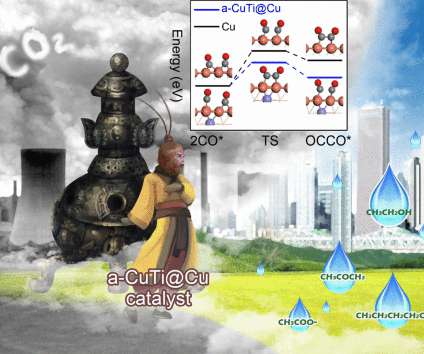




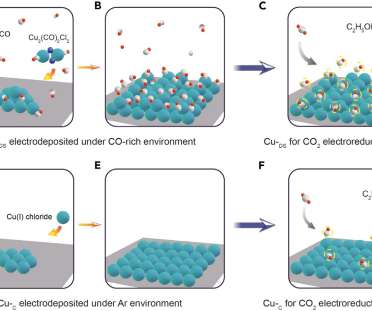

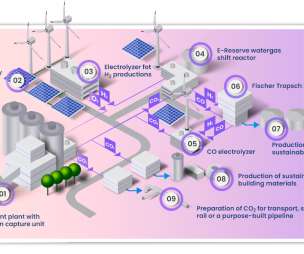















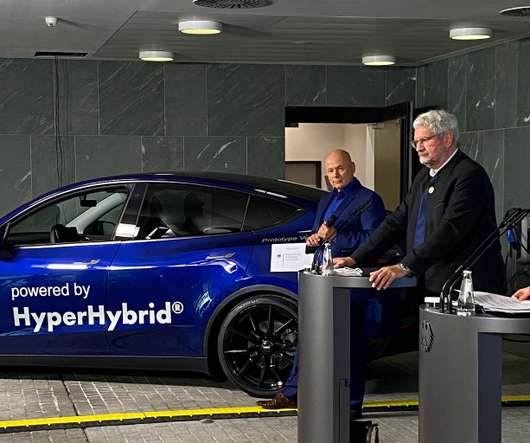






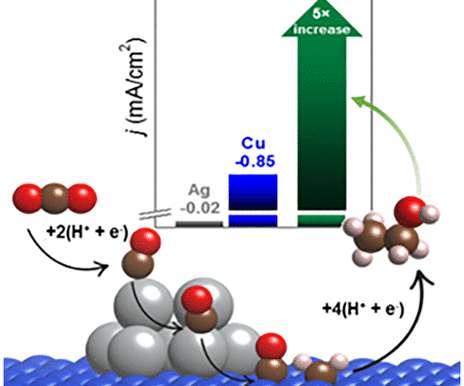






Let's personalize your content